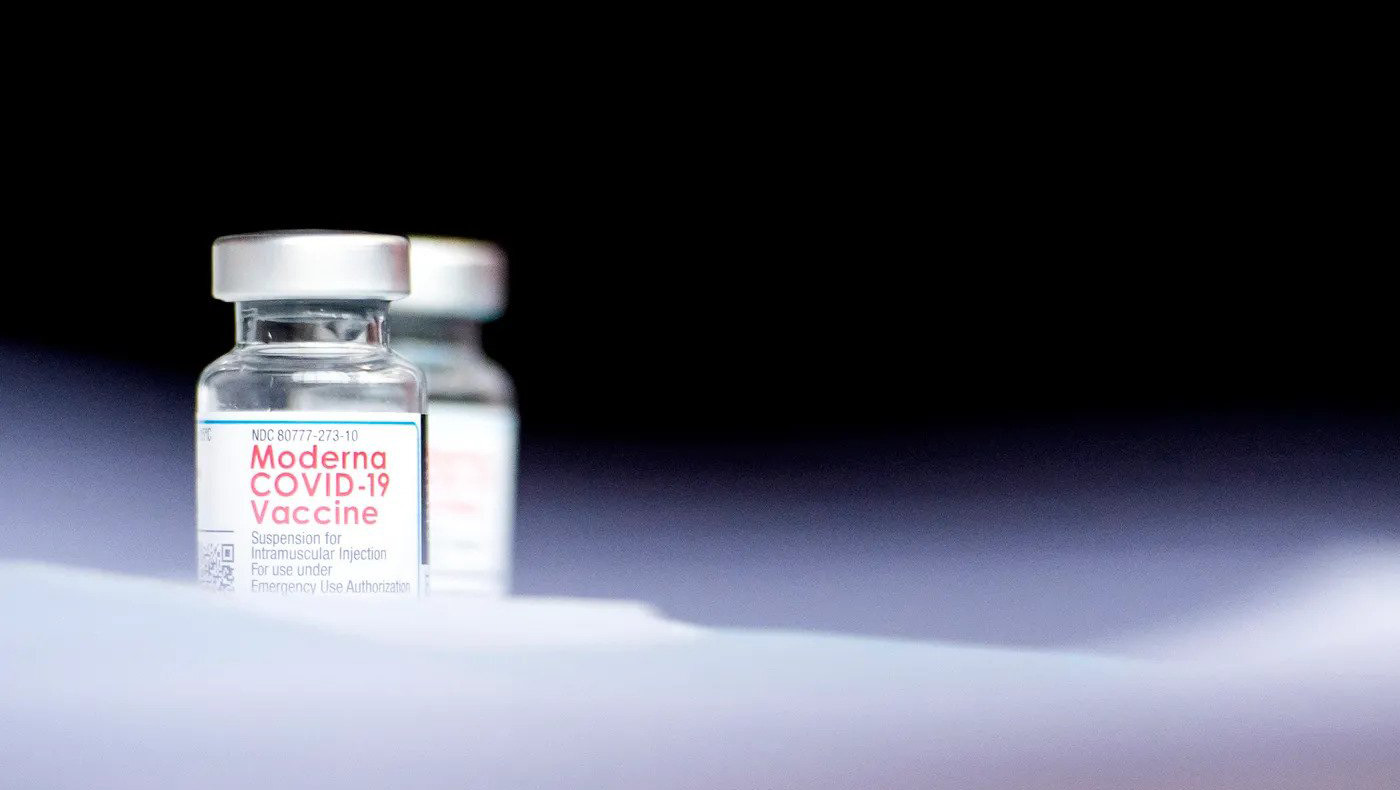The winter forecast for COVID-19 looks to be the mildest yet, say experts from Northeastern University.
Promising results from the bivalent booster combined with greater immunity to Sars CoV-2 in the general population means the coronavirus may pack less of a seasonal wallop this year.
“We are in a much better place in this pandemic than we’ve been in prior years. We have the tools to keep ourselves safe,” says Neil Maniar, associate chair, professor of practice, and director of the master’s in public and urban health program at Northeastern.
“I think it will be relatively milder than last year, unless we see a new variant,” says Mansoor Amiji, distinguished professor and chairman of the department of pharmaceutical sciences at Northeastern’s School of Pharmacy.
“With Omicron BA.5 or BA.6, we will have a mild season,” he says.
That is due at least in part to what appears to be a good match between the bivalent booster and the circulating variants of COVID-19.
The bivalent boosters produced by Moderna and Pfizer target both the original COVID-19 strain and the Omicron BA.5 and BA.4 variants.
Stat News says that both pharmaceutical companies reported this month that the new bivalent booster is more protective against recent Omicron variants than the original vaccine.
“The new data involves lab measurements of antibodies and their ability to neutralize the SARS-CoV-2 virus, not data on how well the vaccines prevent cases of symptomatic illness or severe disease,” according to Stat.
“The higher antibody titers that they showed in the studies is evidence the bivalent is working,” Amiji says. “There’s no doubt in my mind it’s working.”
Earlier studies showed mixed results, according to Stat, with researchers from Beth Israel Deaconess Medical Center and Columbia University indicating the new boosters might not be as effective, while studies at the University of Texas and Emory University showed the bivalent shots may provide better protection.
The latest reports supporting better antibody protection don’t surprise Brandon Dionne, associate clinical professor at Northeastern’s School of Pharmacy.
He says it makes sense an updated bivalent shot has a higher antibody response since it includes spike proteins from more recently circulating variants.
“The new booster shot is targeting two specific Omicrons,” says Jared Auclair, director of bioinnovation at Northeastern’s Office of the Provost.
“The new variants are all flavors of Omicron,” Auclair says. He says the bivalent vaccine is more closely related to XBB and other new variants that are likely to circulate than the original vaccine.
“We are continuing to see mutations. But we are not seeing Omicron (change) to another completely different variant,” Amiji says.
That said, time will tell how effective the bivalent shot is in preventing severe disease and hospitalization this winter, Amiji says.
The FDA did not require efficacy studies for the bivalent vaccine because the chemistry is so similar to the original vaccine, he says.
“There’s really nothing different about the chemistry of the MRNA or the chemistry of the delivery system that is being used to bring the MRNA to the body. That is why the FDA approved it.”
Plus, with so many people already having been infected with COVID-19, it’s hard to tease out the impact of the boosters versus natural antibodies, Dionne says.
Between vaccinations and infections, “circulating immunity right now is pretty good,” he says.
“It’s totally possible there is a variant that becomes more severe,” Auclair says. But “the virus wants to stay alive so it wants to be more transmissible and less severe so it doesn’t kill its host.”
“I think we’re going to transition to what I consider normal COVID seasons now. We’ll adjust like the flu,” Auclair says.
“Get vaccinated. Wash your hands. All those normal things one is a proponent of during the winter.”
There are already plenty of sick people this autumn, but much of their illnesses stem from delayed exposure to flu and other respiratory viruses.
“People have a little better immunity to COVD” than those other illnesses at this time, Dionne says.
For Amiji, that translates into plans for winter travel. “A lot of us are looking forward to the activities we missed for a long time,” he says.
But predictions for a milder COVID winter don’t mean letting down one’s guard, Amiji says.
“At the same time we have to continue to be vigilant,” he says. “Watch the news and make sure you are informed. Real news.”
This article originally appeared on News@Northeastern.
Photo by Ruby Wallau/Northeastern University

